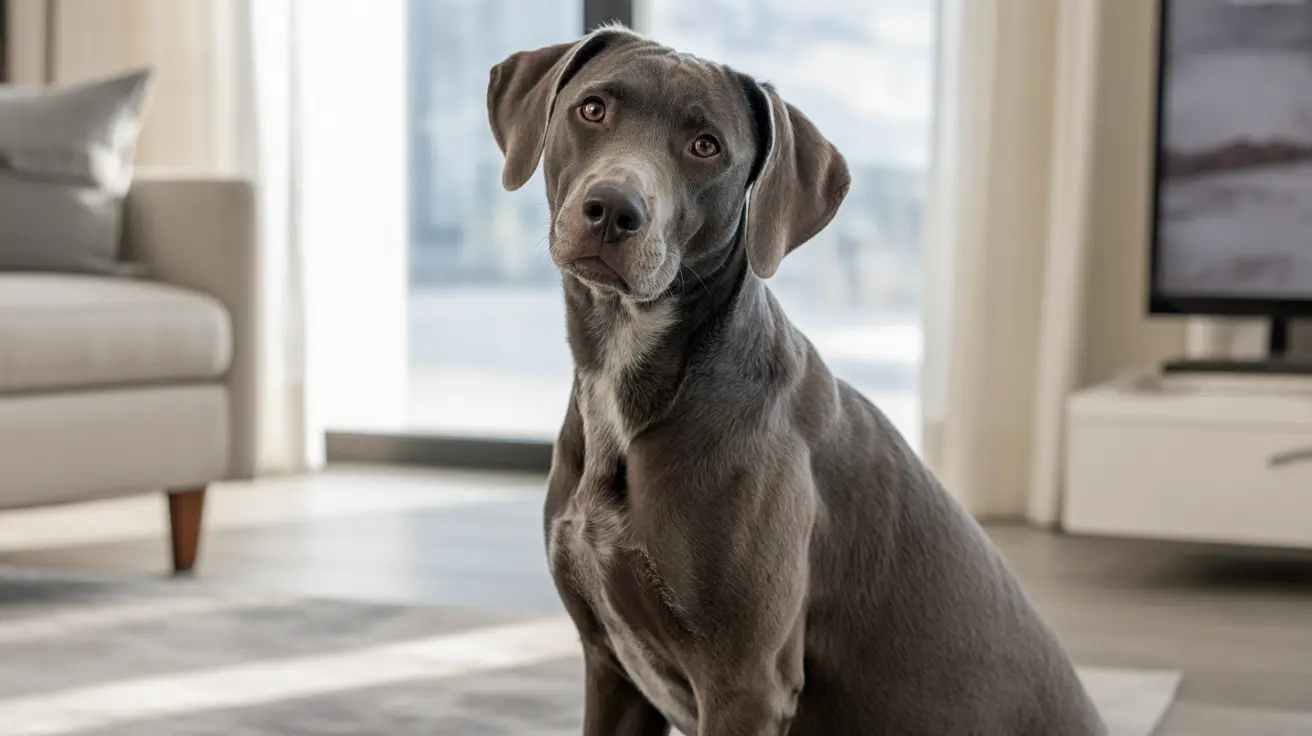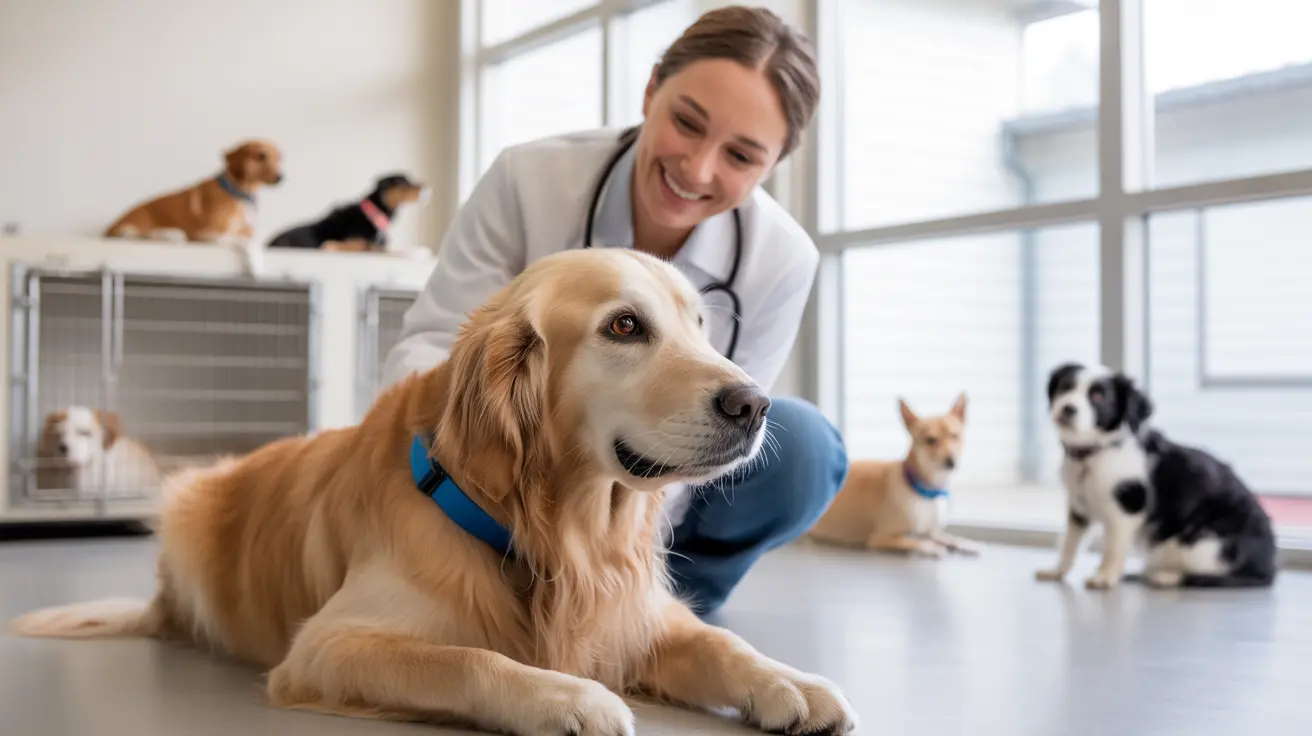The Most Dangerous Food for Dogs: What to Avoid
Knowing what not to feed your dog is just as important as understanding what is safe. While many human foods are harmless or even beneficial to dogs, certain common foods can be dangerous or even fatal. One of the most harmful items is any food that contains onions or garlic. These ingredients, often present in human meals, seasonings, and snacks, pose significant risks to canine health and should be avoided at all costs.
Why Are Onions and Garlic Dangerous?
Onions, garlic, and other members of the allium family (including leeks and chives) contain compounds like thiosulfate that are toxic to dogs. These substances can lead to a condition called hemolytic anemia, where a dog’s red blood cells are destroyed faster than they can be produced. This can result in symptoms ranging from lethargy and weakness to more severe outcomes like organ failure or death.
Signs of Allium Toxicity in Dogs
- Vomiting or diarrhea
- Abdominal pain
- Lethargy or weakness
- Pale gums
- Increased heart or respiratory rate
- Collapse in extreme cases
If your dog shows any of these signs and you suspect they have ingested onions or garlic, seek veterinary care immediately. Early intervention can make a substantial difference in the outcome.
Common Foods That May Contain Onions or Garlic
- Cooked meals (soups, stews, stir-fry)
- Baby food (some brands include onion powder)
- Seasoned meats
- Packaged snacks (chips, jerky)
- Sauces and gravies
- Bread or dinner rolls with savory seasoning
Always read food labels, and when in doubt, don’t share table scraps with your dog.
Other Harmful Human Foods for Dogs
- Chocolate: Contains theobromine, toxic to dogs.
- Grapes and raisins: Can cause kidney failure.
- Xylitol: An artificial sweetener found in gum and baked goods that can induce hypoglycemia.
- Macadamia nuts: Cause weakness, tremors, and vomiting.
- Alcohol: Impairs neurological function and can be fatal in small amounts.
Safe Alternatives and Tips
Instead of sharing risky foods, offer your dog safe, nutritious options like:
- Cooked eggs (scrambled or hard-boiled, plain)
- Lean meats (boiled chicken or turkey, unseasoned)
- Plain rice or sweet potatoes
- Carrots or green beans
- Commercially prepared dog treats formulated for nutritional balance
Always avoid adding oils, butter, salt, or seasonings to dog food, even when cooking at home. Dogs do not need these flavorings, and they can result in upset stomach or more serious health concerns.
Prevention Tips
- Educate everyone in your household about pet food safety.
- Keep human food out of your dog’s reach.
- Be cautious during festive seasons when rich and seasoned foods are common.
- Consult your vet before introducing new foods to your dog’s diet.
Consult a Veterinarian
If your dog accidentally consumes a dangerous food, call your veterinarian or an emergency animal poison control hotline right away. Prompt treatment can be life-saving.
Conclusion
While it may be tempting to share a bite of your meal with your furry friend, remember that some human foods are highly toxic to dogs. Among the most dangerous are onions and garlic, which can severely harm your dog’s red blood cells and overall health. Vigilance, proper education, and vet guidance are key to keeping your pet safe and healthy.





